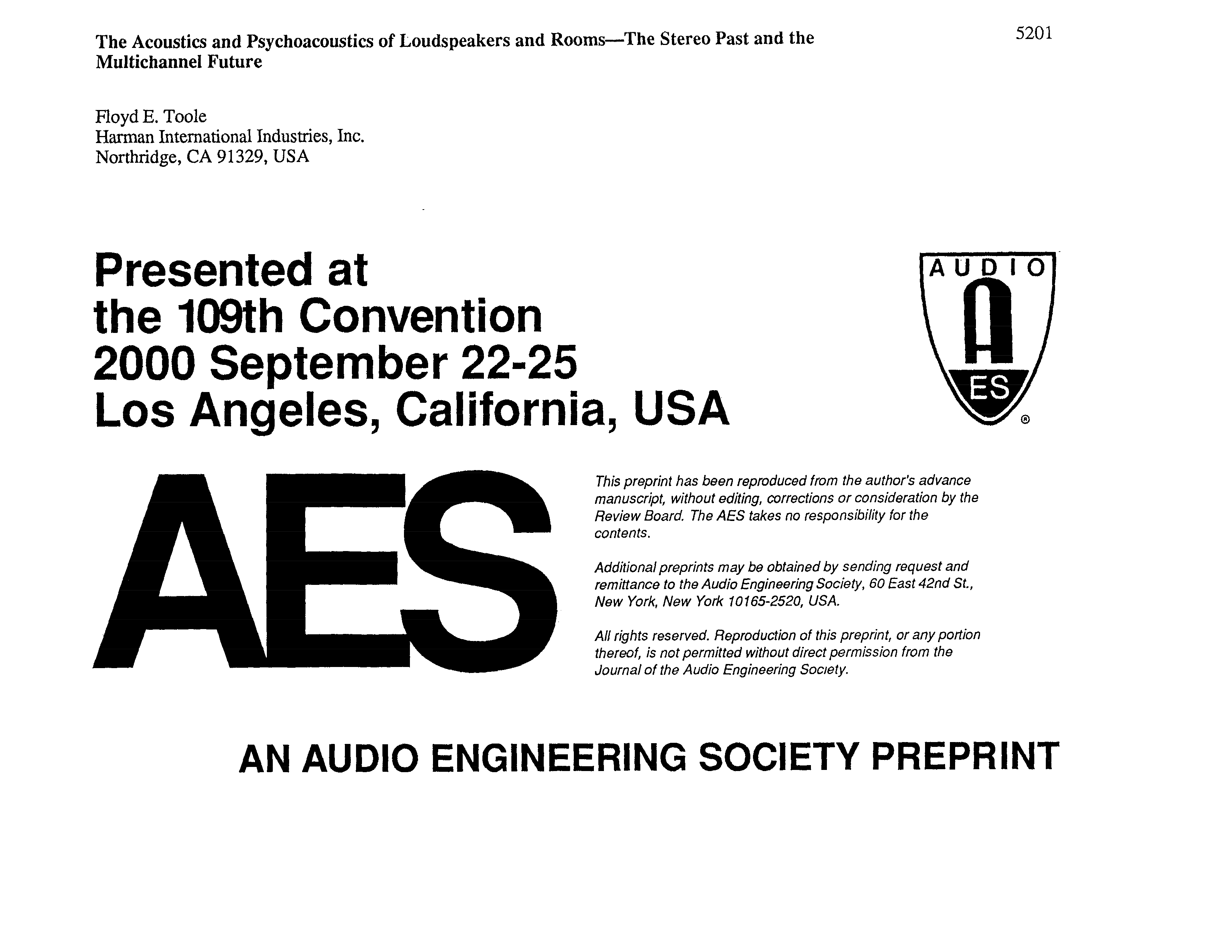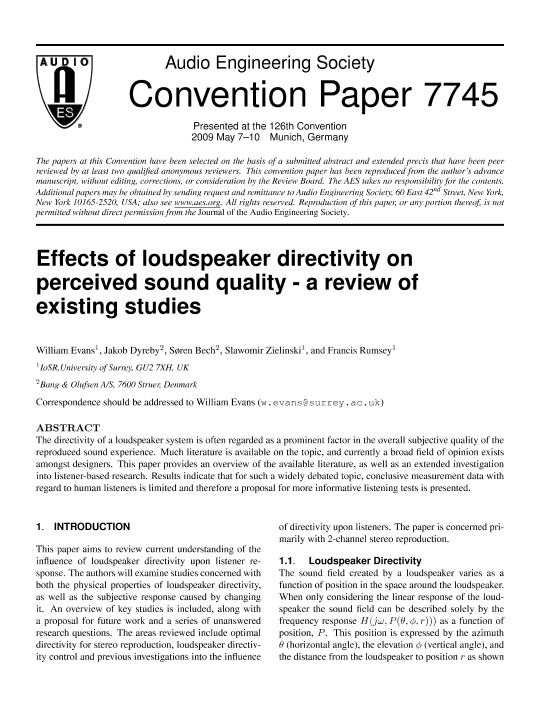$22k for the M40.3. yeesh.Mind you, Harbeth (and other) prices vary enormously between continents. Harbeth's US prices are significantly higher than in the EU or UK. The US importer seems quite greedy.
Harbeth 40.3 XD Speakers
All speaker prices are per pair (you get two at this price).M40.3 XDThe absolute pinnacle of BBCloudspeaker design.The result of a passionate and tireless quest for audio perfection. Built on the success of theglobal award winning M40.2 40th Anniversary, this new generation Harbeth achieves a...
don't forget the sticks & glue Tontrager stands for $1,850...each.
Last edited:




